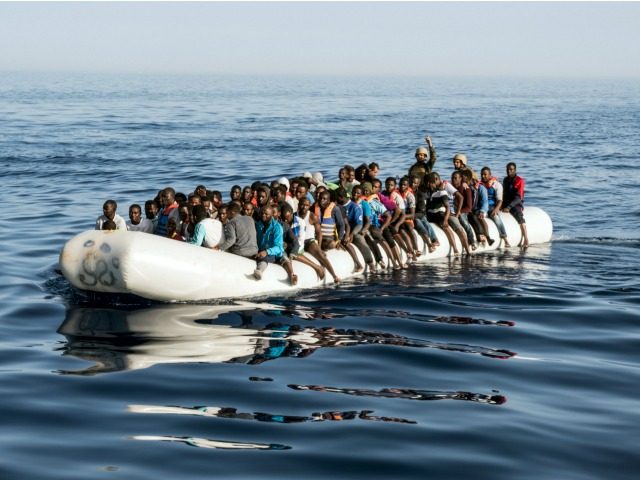President of the Institute for the World Economy (IfW) Dennis Snower and his colleagues say the best way to stop migration from African countries is to develop “economic zones” funded by European Union subsidies.
Renowned economist Snower is scheduled to attend the G20 meeting later this week in Hamburg where he will propose the idea of creating economic zones in various African countries. Snower says the proposal would not only help African countries but would be far cheaper than trying to integrate incoming migrants, Die Welt reports.
“If the EU and other rich regions would subsidise special economic zones – through financial transfers, facilitation of customs, education and training, and the development of infrastructure – this would create a win-win situation,” Snower said.
The economist claimed many migrants coming to Europe do not really want to make the trip. “Most of them flee from the poorest countries of Africa to the less-poor neighbouring countries because they want to stay as close as possible to their homeland,” he said.
The special economic zones would also save European nations money, Snower claims. He said they would “cost only a fraction of what needs to be done to integrate refugees away from home”, but added that Europe should not stop taking in all migrants.
Recently, the United Nations released a study that showed most of the migrants flowing into Italy are not refugees, but rather economic migrants. The study claimed that around 80 per cent of the migrants coming from Africa were looking for better economic opportunities.
EU diplomats have also admitted that most of the migration is economic, rather than people fleeing war or persecution. One diplomat addressed media at a recent press conference saying: “In most of the cases, and that is actually the case on the central Mediterranean route, we’re talking clearly and manifestly about economic migrants.”
Some have argued that even economic migrants may provide value in European countries facing ageing populations and a lack of skilled workers. However, many economists and others have debunked the idea that mass migration can solve skilled labour shortages and some believe that mass migration will hurt long-term economic growth rather than help it.
Last year, IFO Institute for Economic Research migration expert Gabriel Felbermayr said: “We know that people who come as refugees are much more difficult to integrate into the labour market than those who immigrate to work.” He added: “Usually it takes at least a generation” until the employment rate “has approached the domestic population”.

COMMENTS
Please let us know if you're having issues with commenting.